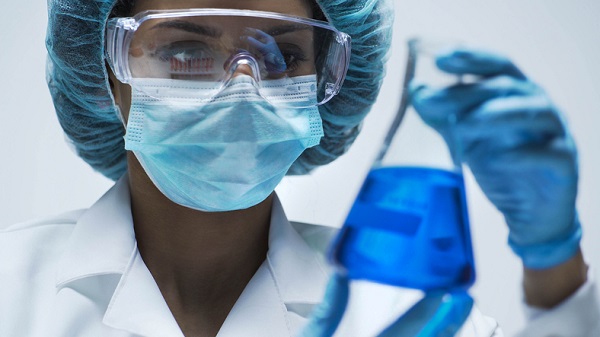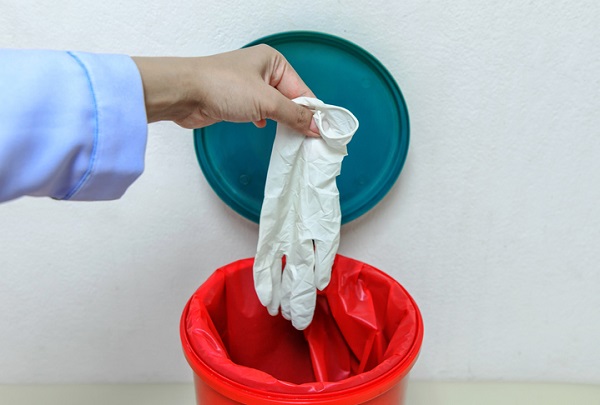
Flexibility is welcomed in many working environments. It allows us to adapt to new tasks or different schedules, but it’s not always a positive. A strict routine and robust set of rules is sometimes required in the workplace. The pharmaceutical industry is one such setting and Good Manufacturing Practices (GMPs) focus heavily on how to achieve high sanitary standards.
Regulatory affairs personnel oversee the implementation of these rules to ensure that high quality medical products are being developed for the consumer. Contamination from microorganisms or other drugs can create dire consequences for a pharmaceutical company, but there is plenty of guidance available. Health Canada’s document on GMP guidelines for Active Pharmaceutical Ingredients (APIs) contains plenty of helpful information on the highest personnel and equipment sanitation standards. Here’s what to look out for when implementing an effective regime in the pharmaceutical industry.
Personal Health and Behaviour Plays a Big Part in Pharmaceutical Sanitation
The human body and the clothes we wear become easily contaminated with germs and dirt, so strict rules should be introduced to limit their effect in a pharmaceutical lab. Workers with an infectious disease or open body lesion shouldn’t be allowed access to zones where drugs are exposed, such as the manufacturing or packaging area. The sanitation procedures outlined in regulatory affairs programs also focus on how to respond to the identification of such injuries or conditions suffered by a worker.
Health Canada guidelines also state the requirement that workers wear clean clothing suited to each manufacturing activity. This also includes head, face, hand, or arm covering, if necessary. It’s therefore imperative that personnel are given a good grounding in proper sanitation practices, so they don’t present a risk when showing up to work each day. Restrictions on the use of jewellery or cosmetics should also be addressed in a pharmaceutical sanitation program, while smoking, eating, and drinking must only take place in designated areas.

Workers should only eat in designated areas
Regulatory Affairs Staff Know to Eradicate Microorganisms with Robust Cleaning Procedures
The introduction of good personal hygiene and clothing standards is a positive start, but it must be built upon with comprehensive cleaning procedures. Health Canada outlines that “written procedures should be established for cleaning of equipment,” which would assign workers to specific tasks in a strict schedule. These procedures should also include a complete breakdown of cleaning methods and materials used, as well as instructions for the “disassembling and reassembling” of each piece of equipment. As well as benefiting pharmaceutical sanitation, this document also becomes a useful guide for new workers getting acquainted with best practices in the workplace.
Lots of different cleaning agents are used to kill harmful bacteria in the workplace and rules should be introduced for the use of items such as rodenticides, insecticides, or fungicides. Students emerging from regulatory affairs courses have an eye for detail, which ensures that a company continues to meet highest pharmaceutical standards.
Introduce Effective Waste Disposal Procedures in the Workplace
Once rigorous decontamination of the pharmaceutical lab has been completed, make sure that cleaning items or clothing are disposed of correctly. Health Canada states that “sewage, refuse, and other waste in and from buildings and the immediate surrounding area should be disposed of in a safe, timely, and sanitary manner.” Failure to do this will risk ruining all the good sanitary work initially carried out.
Working clothes can also become contaminated during pharmaceutical processes. Reusable soiled garments should be stored in separate containers, and laundered, disinfected, or sterilized if necessary. Such cleaning should only take place in a work setting, however. Oversight of the implementation of these rules is crucial to the production of safe and effective pharmaceutical products.

Correctly dispose of items including single-use gloves
Regulatory affairs professionals enjoy a rewarding career.
Get started by enrolling in a diploma program at AAPS.



